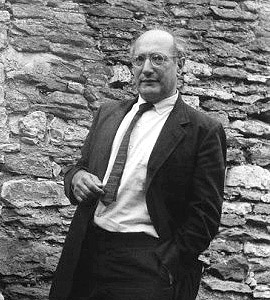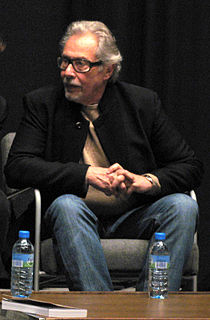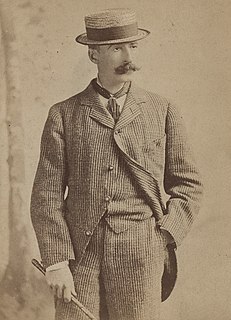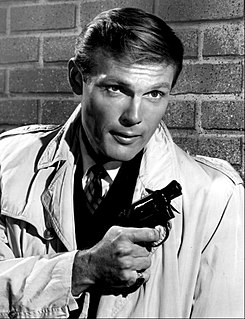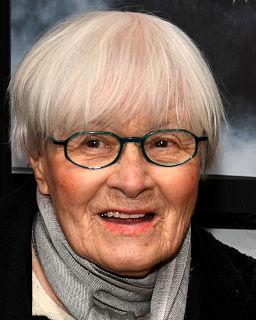A Quote by Alexander McCall Smith
I've certainly always had a very high regard for Botswana and so I paint a very good picture of the country and I've never pretended to be painting an entirely realistic picture.
Related Quotes
Photography has almost no reality; it is almost a hundred per cent picture. And painting always has reality: you can touch the paint; it has presence; but it always yields a picture - no matter whether good or bad. That's all the theory. It's no good. I once took some small photographs and then smeared them with paint. That partly resolved the problem, and it's really good - better than anything I could ever say on the subject.
I think people in Botswana are pleased that my books paint a positive picture of their lives and portray the country as being very special. They've made a great success of their country, and the people are fed up with the constant reporting of only the problems and poverty of the continent. They welcome something which puts the positive side.
I like painting because it's something I never come to the end of. Sometimes I paint a picture, then I paint it all out. Sometimes I'm working on fifteen or twenty pictures at the same time. I do that because I want to - because I like to change my mind so often. The thing to do is always to keep starting to paint, never finishing painting.
The reason for my painting large canvases is that I want to be intimate and human. To paint a small picture is to place yourself outside your experience, to look upon an experience as a stereopticon view or with a reducing glass. However you paint the larger picture, you are in it. It isn't something you command.
I was very scared when I saw it, because Dune was for me very important in my life. I was very sad I could not do it. When I saw that David Lynch would do it, I was very scared, because I admire him as a movie-maker, and I thought he would do well. But when I see the picture, I realize he never understood this picture. It's not a David Lynch picture. It's the producer who made that picture, no? Who made this horror. For David Lynch, it was a job. A commercial job. It never was that for me.
Suddenly, I saw it in a new way, as a picture that offered me a new view, free of all the conventional criteria I had always associated with art. It had no style, no composition, no judgment. It freed me from personal experience. For the first time, there was nothing to it: it was pure picture. That's why I wanted to have it, to show it - not use it as a means to painting but use painting as a means to photography.
If you want me to explain the picture, if you put it in reality, then the mystery goes away. The situation just catches you and you think it is absurd or mysterious and you just take the picture. You dont want to see the bare reality of what happened. I took the picture as the picture, not as the realistic story of what happened.




